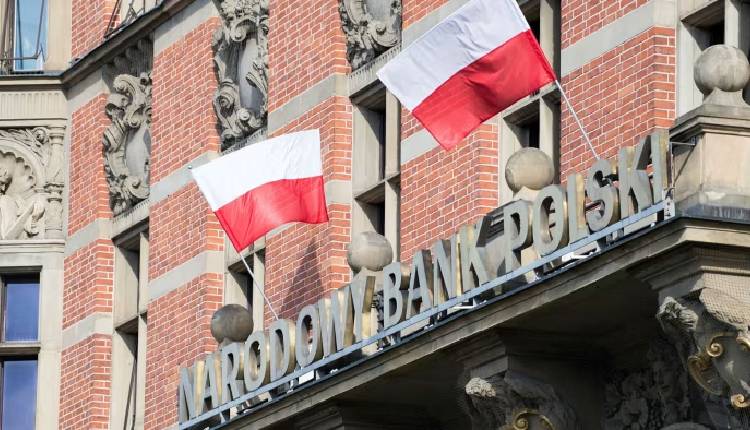Soaring wages may impact economic recovery in c. Europe
Central European monetary policymakers are alarmed as double-digit wage increases, significantly outpacing average growth rates in the European Union (EU), raise concerns of a potential inflation rebound amidst the region’s economic recovery.
The Czech National Bank is expected to slow its rate-cut pace during its meeting on Thursday in light of rising wage growth and consumer demand, following a similar move by Hungary’s central bank last week.
Earlier this year, inflation across central Europe dropped after a surge caused by Russia’s 2022 invasion of Ukraine, allowing for a normalisation of monetary policy.
However, rapid wage growth in some of the EU’s tightest labour markets now threatens to drive inflation higher, prompting central banks to reconsider further rate cuts. Borrowing costs in the region remain well above pre-pandemic levels.
According to Eurostat, annual hourly wage costs in the first quarter surged, ranging from 16.4 per cent in Romania to 5.9 per cent in the Czech Republic, exceeding the EU average of 5.5 per cent and the eurozone’s 5.1 per cent.
Poland saw a significant 14.1 per cent increase, driven by substantial minimum wage hikes and public sector raises under Prime Minister Donald Tusk’s coalition.
Polish rate-setter Ludwik Kotecki voiced concerns over rising wages, which he sees as a major inflation risk, suggesting tighter monetary policy without further rate hikes to maintain the central bank’s credibility after a previous 100 basis point cut.
The European Commission forecasts Polish inflation to remain at 4.2 per cent next year, the highest in the EU, marking the fifth consecutive year above the National Bank of Poland’s 2.5 per cent ± 1 per cent target.
In the Czech Republic, inflation is expected to align with euro zone levels, just above 2 per cent this year and next. The European Commission has identified wage growth as a key inflation risk amid a recovery in real wages. Czech central bank vice governor Eva Zamrazilova is considering a rate cut between 25 and 50 basis points, noting concerns about high service prices despite moderate first-quarter wage growth.
Morgan Stanley economist Georgi Deyanov recommended a cautious 25 basis point cut due to persistent inflationary pressures and robust consumption and wage growth.
Meanwhile, the National Bank of Hungary, which recently reduced its rate by 25 basis points to 7 per cent, highlighted wage increases as a significant inflation risk, marking a total rate reduction of 1,100 basis points over a 14-month period.
Romania, experiencing the EU’s fastest wage cost increase and loose fiscal policies, has maintained its key rate at 7 per cent, one of the highest in the EU alongside Hungary.
The minimum wage in Romania, among the EU’s lowest, has seen the steepest average increase over the past decade, with a further 12.1 per cent hike implemented in July.
Attribution: Reuters.


